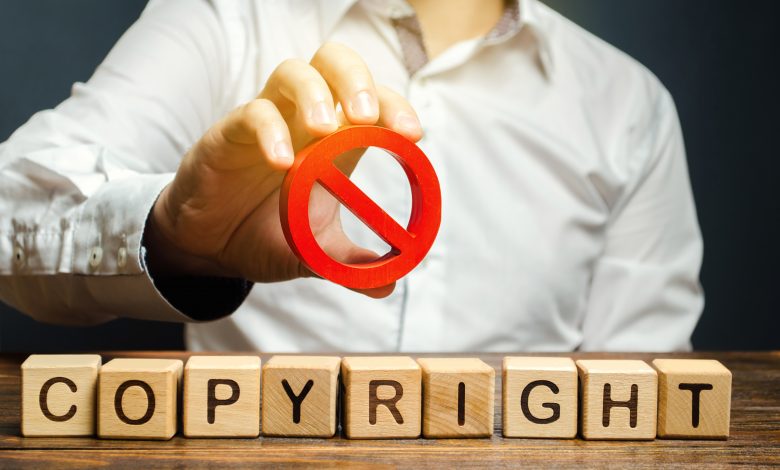
Contents
A trademark is an identification marker for your business. Here is what you need to know about registering trademarks
The physiology of a human brain dictates that an emotional connection is possible with a meaningful and powerful message. This is why choosing the right phrase for the marketing of your product can crush your competitor. Now of course, once you have picked a phrase, you must know how to protect it from appropriation by your competitors. How you may ask? By registering a trademark. Read below all about Trademarks.
What is a Trademark?
A trademark is used to make your service or product different from your competitors. Trademarking of a phrase protects the words that are representing your service. It prevents other businesses from using your trademarked phrase for their service or product. This also means that a trademark can be enforced in the business class only where it is registered. Legal trademark registration can protect it from infringement.

In the United States, USPTO is responsible for trademark registration. To trademark, a slogan at you can apply at your state’s local trademark office. If you wish to trademark a phrase locally, then you must be using that phrase publicly already. For nationwide trademark registration, you can apply with the USPTO under “intent to use.”
Catchphrases, slogans, taglines, and mottos are the phrases eligible for trademark registration. Catchphrases are commonly used for expression by an individual. They are an important part of marketing a product or service and this makes it prized and dignitary of trademark protection.
Steps to Trademark a Phrase
Step One – Conducting the Search for a Distinct and Original Slogan
It is crucial to search for registered marks to ensure that you are the first person to use this phrase for your business. This is done through performing a federal, state, and common law search for trademark.

Remember that trademarks which are “Generic” descriptions for the goods mentioned in the application are not eligible for registration. Instead, pick a phrase that is not related to the goods that you are selling for a better chance of approval.
Step Two – USPTO Database Search to Determine Ownership of the Trademark
Before you try to trademark a phrase, make sure that there is no other phrase that has currently trademarked for the same goods as yours. Check out the U.S. Patent and Trademark Office (USPTO) website to look through their Trademark Electronic Search System, or TESS, for slogans that are identical to the one that you wish to trademark.
Step Three – Selection of Appropriate Goods and Classes for Trademark Registration
Ever good is categorized by the USPTO into its numbered system for the class. For instance, if an applicant is in the clothing business and he intends to sell clothes under his new business trademark, then his trademark would be filed in CL 025 which is confined to apparel.
Step Four – Adequate Filing-Basis for the Trademark Registering Application
When applying to register a trademark for your slogan with the USPTO, it is essential to understand the importance of designating a “filing-basis”, which dictates, the pretext on which the candidate has the right to acquire protection. Every trademark registering application should at least include one filing-basis where each filing-basis is backed by a certain set of limitations.
USE IN COMMERCE BASIS (Trademark Act Section 1(a)) – if you have already used your phrase for the sales of your products in Interstate Commerce then you are eligible to file your trademark application under Section 1(a).
INTENT-TO-USE BASIS (Trademark Act Section 1(b)) – if you have not already used your phrase for the sales of your products in Interstate Commerce but in the future, your intent is bona fide then you are eligible to file your trademark application under Section 1(b).
FOREIGN REGISTRATION BASIS (Trademark Act Section 44(e)) – if your trademark is the same as well as the services for which you already have a foreign registration for from another country’s trademark office, then you may file for US trademark registration application under section 44(e).
FOREIGN APPLICATION BASIS (Trademark Act Section 44(d)) – In the case where you have applied for trademark registration in another country within six months of filing a trademark application in the present then you are eligible to file under Section 44(d).
Step Five – Filing Fee Payment
Depending on the type of trademark registration application selected by the applicant, the Government Filing fees will either be $225 or around $275 goods per class.
It is always a good idea to talk to your trademark attorney to figure out which type of application is suitable for your business.
Step Six- Trademark Application Submission
Once you have input all of the administrative info related to trademark a phrase, you are set to apply. Make sure to revise your work carefully as the slightest mistake whether procedural or substantial, may lead to an office action from the USPTO for your trademark registration.
Step Seven – Awaiting USPTO Update
Indeed, managing an in-depth TM search along with filling out the trademark registration application correctly is very critical. If you have utilized your mark in interstate commerce by filing under a 1(a), then you should hear from the USPTO in about six months along with a date for publication to post the trademark to the Official Gazette and eventually a Trademark Registration Certificate. However, if you have intent to use the application and filed under a 1(b), then the timeline will differ a bit, and you should expect to hear from the USPTO about your trademark in about a year from the time of its submission.
Summing It Up
The purpose behind trademarking a phrase is to nurture a feeling in the observer as they view the chosen articulation. The degree to which you can achieve this ingenious transformation of the emotions in your target audience will read out your success. Therefore, you must ask yourself before your search for trademarks, how do you expect your target audience to feel as they view your business trademark? Strengthened? Upset? Galvanized? Pick wisely.




